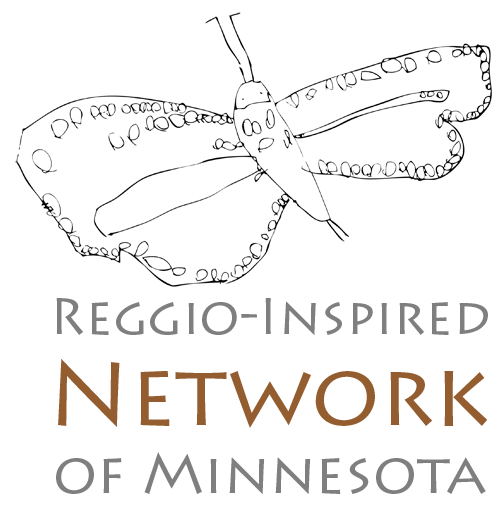“Participation, in fact, is based on the idea that reality is not objective, that culture is a constantly evolving product of society, that individual knowledge is only partial; and that in order to construct a project, especially an educational project, everyone’s point of view is relevant in dialogue with those of others, within a framework of shared values. The idea of participation is founded on these concepts: and in our opinion, so, too, is democracy itself.” -Paola Cagliari, Angela Barozzi and Claudia Giudici | Community Members as Researchers The philosophy and pedagogical practices of the municipal schools of Reggio Emilia have implications far beyond the education of the young child. They also speak to the nature of learning and teaching, of participation as a democratic value, and of the importance of calling upon diverse perspectives and varied media to deepen understanding. As such, there are implications for all citizens, across many disciplines and contexts.
We’ve learned from Reggio Emilia that the notion of research is a more approachable process than typically comes to mind when the word is used. Research is both a noun and a verb that often involves a compelling question or point of curiosity followed by studying closely, gathering data, digging deeply, hypothesizing, testing and observing followed by reflection, dialogue and developing new understandings. Research, even when begun by a single individual, is rarely a solo endeavor, but is best a process that involves multiple points of view in dialogue with each other. Resources: Civic Engagement and Public Policy Links Alliance for ChildhoodSee the article: "Crisis in the Kindergarten: Why Children Need to Play in School" Cadwell Collaborative Sustainability Education and School Design Jeanne Vergeront A museum consultant‘s Blog
A 56 page study by architect John Comazzi Key Words: Reflective Practice, Collaboration, Project Work, Questions, College-age, Kindergarten, Documentation, Design, Hundred Languages, Making Learning Visible, Reggio-inspired work, Transformation, Cooperation, Reflection, Risk |

